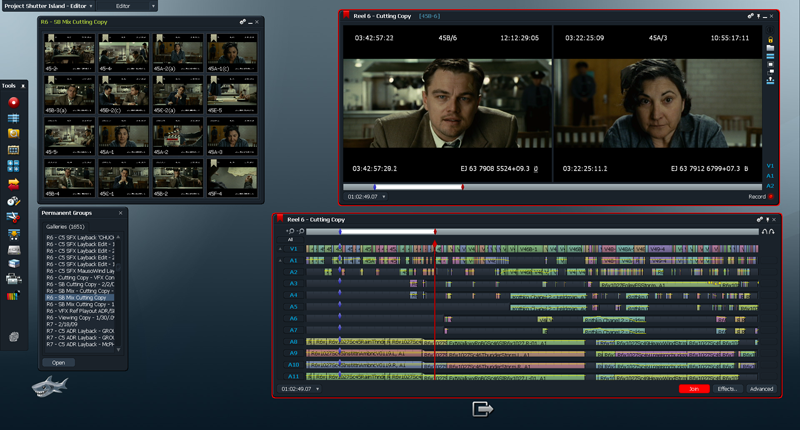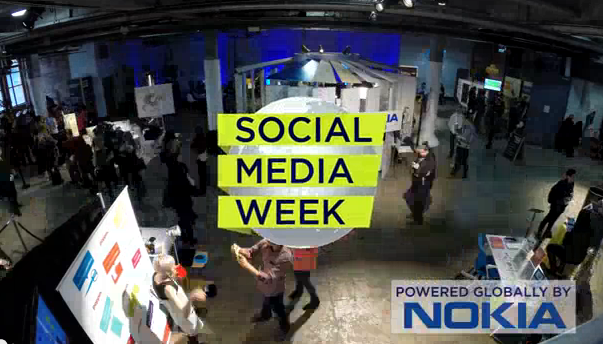Chequered, troubled, unfortunate! Elections in Nigeria since the return of democracy have been a sad tale. Bedeviled by inefficiently structured electoral process, quick-witted and desperate politicians go a length further to manipulate the process. In the end, there is never a possibility of free and fair elections.
Consequently elections have been characterised by rigging, multiple registration, ballot box snatching, thuggery and incomprehensible violence. The implication is that a free and fair elections become impossible, which means that the submissive population would continue to be tortured by the quick-witted politicians, and real development remains a distant hope.
The Independent National Electoral Commission, INEC since the 2011 election has relied heavily on technology even from the registration process in order to engender some level of transparency into the system. For instance, through its biometric data capturing built into the registration process, multiple registrations had been reduced drastically.
Despite this, lots of challenges have persisted. Stories of ballot box snatching, voter apathy resulting to poor turn out during elections, or even during registration have not disappeared.
It was in a bid to address some of these challenges and improve the electoral process that some technology stakeholders gathered at a one day forum in Lagos to find technology solutions that will drive a more credible electoral process.
The stakeholders who included the representatives of INEC, civil society organisations, youths, political parties, traditional and new media were gathered together by the Lagos-based tech innovation centre, Co-creation Hub, in conjunction with National Democratic Institute, to explore technology solutions that will improve electoral processes in Nigeria, with a particular focus on the 2015 general elections.
At the forum, the stakeholders reviewed the Nigerian electoral process with a view to identifying concrete technology solutions that can be deployed to identify bottlenecks.
Participants were divided into different groups and each assigned to identify problems with some of the electoral processes and develop tech solutions to them.
At the end, increased awareness of existing technological solutions being deployed for elections in Nigeria to drive synergy in the deployment was recommended.
According to the organizers, it was expected that some new technology solutions that clearly addressed identified bottlenecks in the electoral process will be built by ICT experts, with civil society organisations stepping forward to champion the deployment of the solutions.
But given the numerous challenges that confront our electoral process, I asked some of the participants, what difference they think, technology can make.
One of them, Damola Solanke, who is Head of Technical Solution at MainOne Technology, said that technology can neither replace democracy or its institutions but a tool that will enhance its growth.
He noted that stakeholders must take responsibilities if a successful election is ever to be achieved.
“Technology is not a replacement for democracy or democratic institutions. However we believe that technology will enable things like transparency in governance and also trust of the citizenry in the government and the electoral process,” he said.
He explained that, technology deployed through the right platforms will also help to involve new generation of voters and let them into the understanding of what election is, why they must vote and why they must be careful who they put in office and how to protect their votes.
“One of the things that we have seen lacking in INEC as an institution is much related with how they inform the populace about their key mandates, educating the people on what the issues are. There is no specific institution looking at civic education. This includes why one should vote, who should be voted for and why the vote counts. Such education should also include budget issues, that is, what an elected official do with the budget, how much is he paid as salary, from the local council level to the federal government. All of these information matter and there is absolute lack of it,” he said.
His team therefore recommended an extensive use of the media to amplify the information and education needs of INEC during elections. This includes the use of television, radio, internet and even the use of short clips on YouTube. Others include such media as Robo-Calls, SMS, toll-free call centres etc. the content of these media would be delivered in several local languages to ensure deeper penetration.
They also advocated that the solution that will emerge from the forum be multifaceted built into multi platforms including newspaper, radio, television, internet, mobile applications and SMS.
“Our approach to this is multipurpose. Our intention is to have this information designed for a particular target audience. This means that the message you package for Lagos will be different from the ones packaged for Kano. The messages for the urban centres where more enlightened people are should considerably differ from messages intended for rural and less enlightened areas. There cannot be one-size fits all approach,” he said.
On his part, Tunji Lardner, who works with West Africa NGO Network, WANGONET and was also a participant at the forum said that looking at how effective technological solutions can be; its effectiveness, if parlayed into the electoral processes would be relative.
Mindset, he said, and not technology, would play a prominent role in determining an improved electoral system in Nigeria.
According to him, there are two ways in which one can look at the role of technology in a conduct of free and fair elections.
“The first is the work of INEC itself as an election management body. So if you imagine for instance that part of the responsibility is to manage the electoral aspirations of millions of people. How do they manage that data? That is where technology comes in. So right there, you can see from the work of INEC how important technology is. Since the last three years, they have been looking at the voter’s registration process and they have developed a technological solution with which they have managed to clean up their voter register.
“They were able to match the biometrics of the registered voters and were thus able to create a new voter registry that more or less captured the vital statistics of the individuals. So that is a major contribution that technology has made to the process. Technology makes it possible to manage huge amount of data and makes them easily accessible. Also, it is a tool that makes it easy to plan because without that technology, INEC will not do what it ought to do effectively,” he said.
He further explained that, “There are other aspects like supply chain management where technology can play very important roles. For instance, how does INEC distribute its voting materials? It is technology that helps it to organize the logistics. It also helps in things like collating the results when they come in. So there are various ways that technology can help but technology in itself is not the magic bullet to having credible elections. It is just a tool.”
“As a matter of fact, technology is not the problem of Nigeria when it comes to conducting free and fair elections. The issues that affect most prominently are psychological mindsets like the behaviour of citizens, the voters and the politicians. These things have nothing to do with technology. Technology only provides the tools which are readily available to facilitate smooth conduct of the elections,” he added.
To combat the challenge of technological access, he said, tools like mobile phones provides great opportunities that could be leveraged to reach majority of the people and convince them to play active roles in the electoral process.
“Sometimes we take these technological tools for granted. Take the mobile phone for instance, at least in each village in Nigeria; there is about 30 percent penetration. So think of the possibilities that come with that in terms of getting people to vote, provision of information on the voting process and verification of voting status. There is a lot that can be achieved using such tech tools as mobile phone. So when we talk about the rural areas, they are no longer disconnected that much. The question should be how tech tools like mobile devices should be used to change their voting habits and general perception of the electoral process,” he said.
Technology, he maintained, can help to propagate positive messages and amplify them. It can help to create conversations and sustain discussions about issues that concern the state. Also tools like iReport employed by some media houses can help to foster citizen engagement. It’s a powerful tool that helps individuals to report reality as they see it and could help in citizen engagement.










